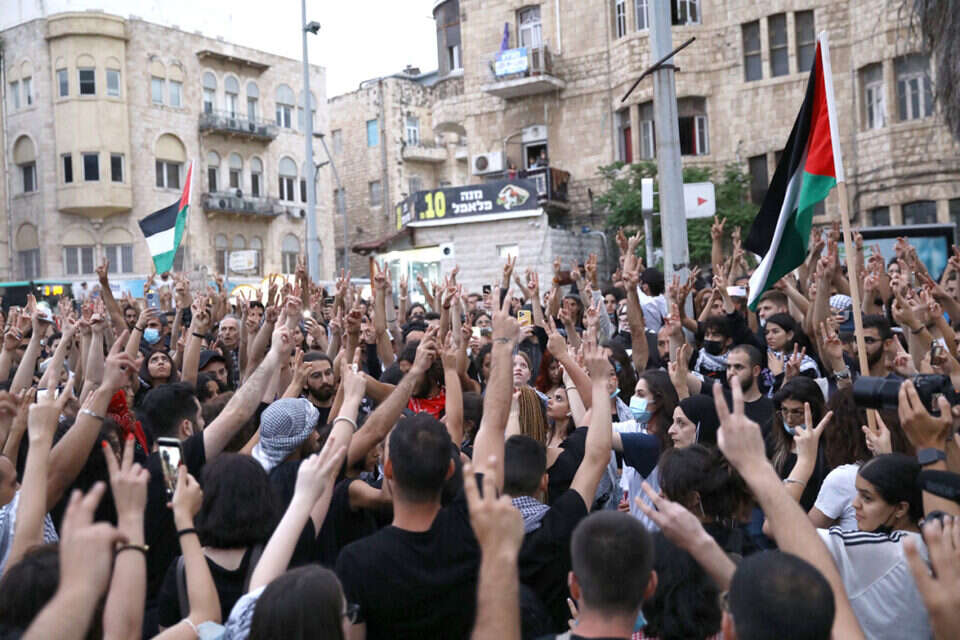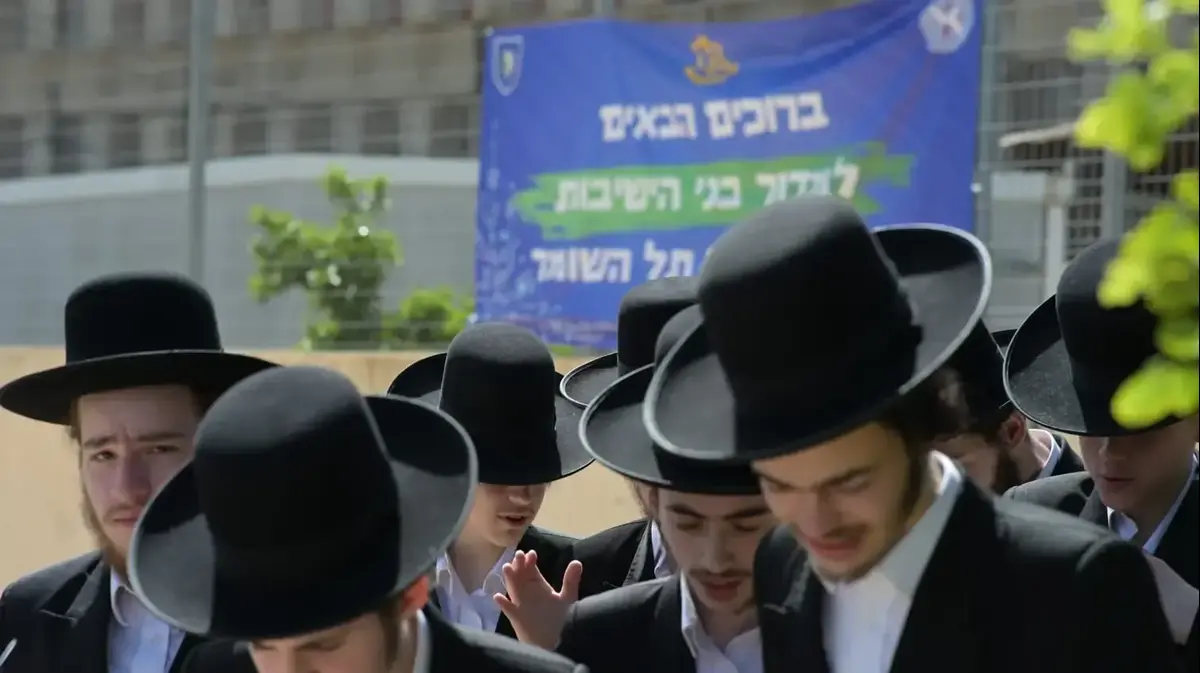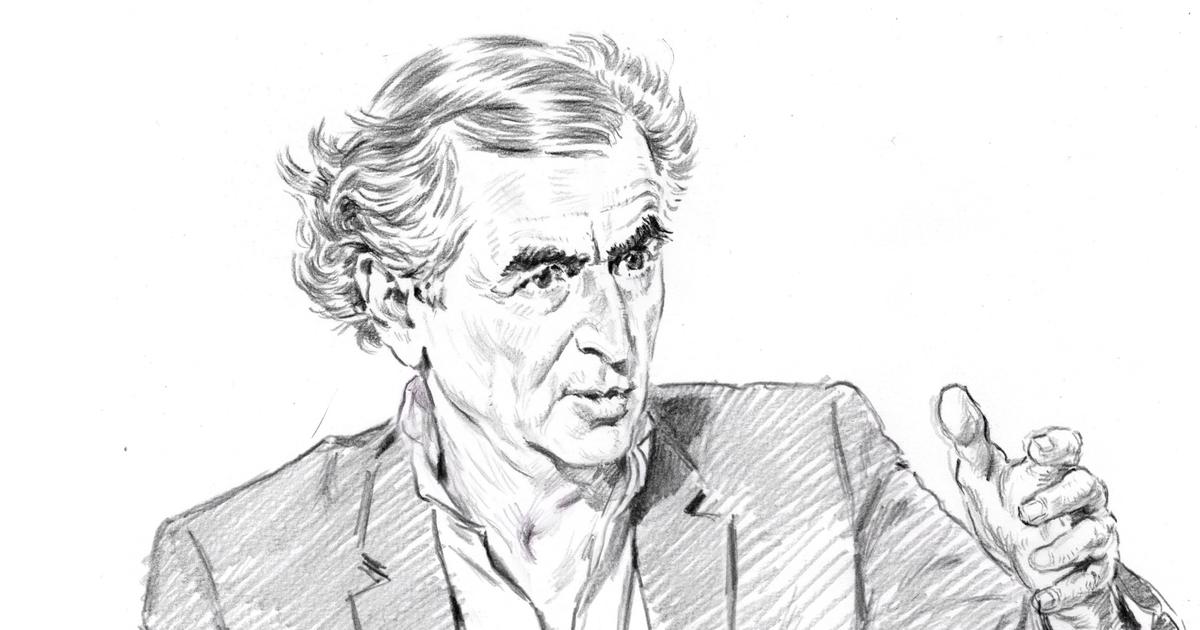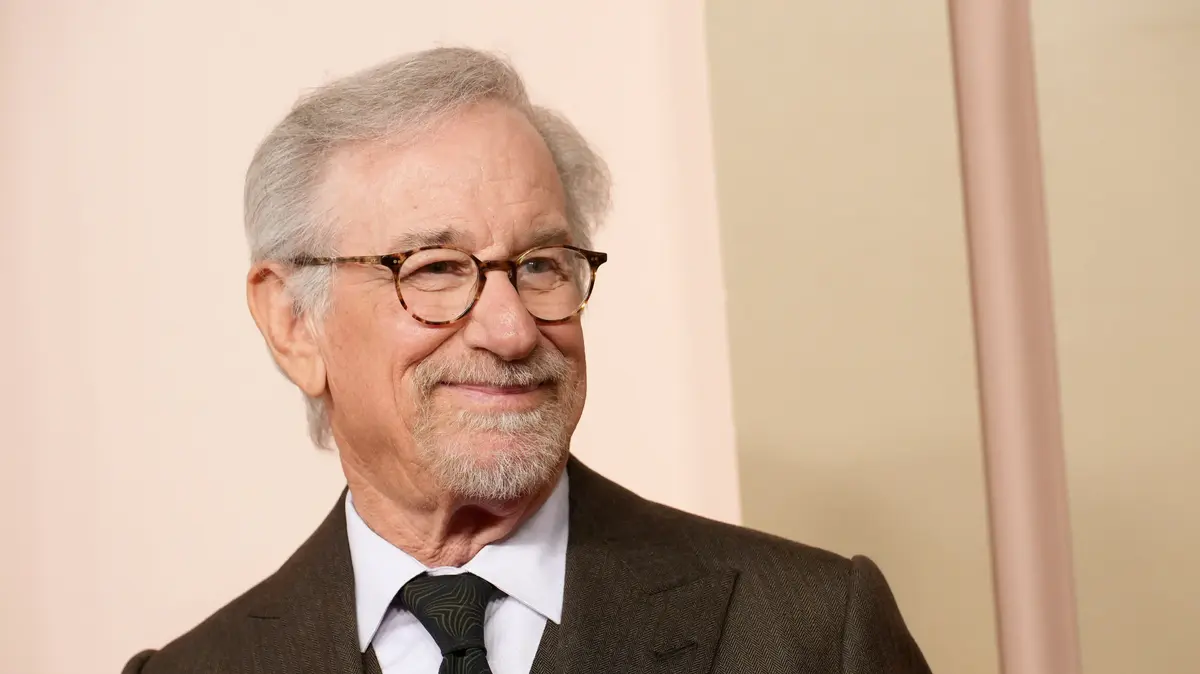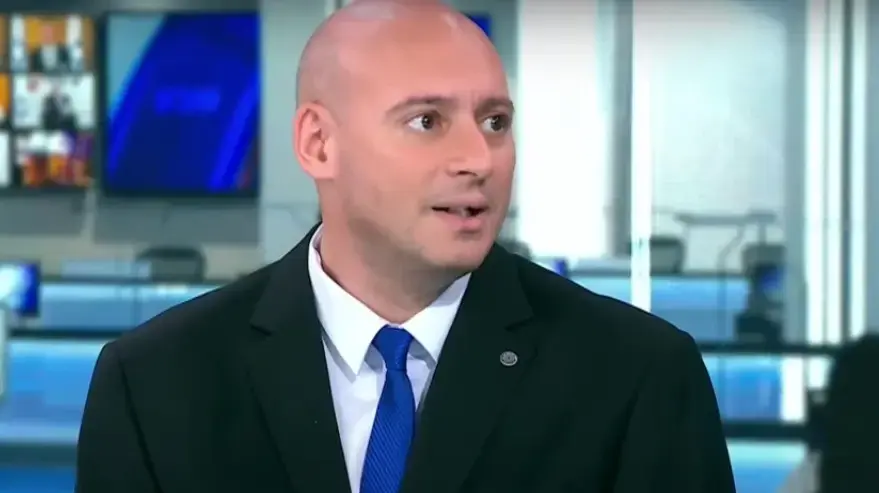Jews in the mixed cities and throughout the Galilee and the Negev experienced existential anxiety during the May 2021 riots.
It was clear to them that the events expressed an Arab national-religious struggle, which was several times more dangerous than a social protest event.
In contrast, leading figures in the state leadership and the defense establishment sought to interpret the events as stemming mainly from the social-civic distress of the Arabs, while the deep-rooted national-religious tendencies were sought to be denied and repressed.
Where does the denial trend come from, and what and who does it serve?
In the annual report of the Israeli National Security Institute INSS for 2022, although they identified the events of May 2021 as constitutive in the internal arena and a "complex challenge", the analysis of the threat highlighted the characteristics of crime in the Arab sector as the focus of the problem. "The degree of influence of the radical nationalist component that is agitating in a small, muscular and existing minority area in both sectors," but the basis for the diagnosis was set on social tensions.
In this trend, the dominant discourse in the State of Israel, backed by representatives of the defense establishment, chose to describe the occurrence as a civil protest, fundamentally driven by economic distress and feelings of deprivation of Israeli Arabs.
In doing so, they seek to deny the national-religious dimensions of the outbreak of violence.
Why is what seems so clear to the Jewish citizen who experienced the riots up close, for which they were no less than a new wave of Arab national uprising, not equally understandable to the Israeli leadership and the leadership of the security establishment?
The Israeli tendency for the "executive" to act acts on this issue as a barrier, which prevents an in-depth discussion of the conditions that create the phenomenon.
The government and the defense systems lack a comprehensive systemic theory of what happened, and there are three preliminary explanations for this.
The first: walk in the pursuit of the modern belief and expectation that every problem has a solution in a positive spirit.
The Israeli leadership is led by the American assumption that all human beings share their desire to improve the quality of life, and that money will answer everything.
It is as if an eternal national-religious struggle can also be converted into an economic response and the temptation to prosper and improve the quality of life.
But in recent decades, despite huge capital investments in Iraq and Afghanistan, the reality has been revealed as expressing counter-forces, which do not respond to the American gospel of happiness.
Still, Israeli society and its leadership continue to cling to the promise of American happiness and prosperity, while isolating the national-religious dimension.
The second explanation: The Israeli leadership in recent decades has been characterized by a clear tendency toward managerial excellence.
Discussion of complex systemic issues is also focused on this trend to the bottom lines of an action plan.
The position that reduces the violence that erupted in May 2021 to motivate socio-economic distress, serves for them the tendency to address it in the familiar patterns of management and operation.
Socio-economic distress can be addressed in a government action plan, aimed at financial investment.
Seeing the problem as expressing a national-religious struggle, there is no beginning of a solution in the familiar pattern of managerial skill.
The third explanation concerns the illusion of separation as the ultimate solution: for years, Israelis' hopes for a spatial separation have been directed - "they are there and we are here."
The events of May 2021 brought the hopes of separation to the point of absurdity.
The impact of this logic on Arab population concentrations in Jaffa, Lod, the Negev and the Galilee will not leave Israel a space outside the Jewish "ghetto" in the Dan Bloc.
This understanding pushes for the denial of the power of the national-religious motivators of the disturbances, in an effort to tell that unlike the Arabs of the "occupation of 1967," ordinary Israeli citizens are dealing here, with socio-economic distress - and nothing more.
The analysis of Israeli-Jewish society on the psychologist's couch, in the face of her anxieties and aspirations, would have flooded a system of expectations that had long since passed the test of conformity to reality.
Were we wrong?
Fixed!
If you found an error in the article, we'll be happy for you to share it with us

